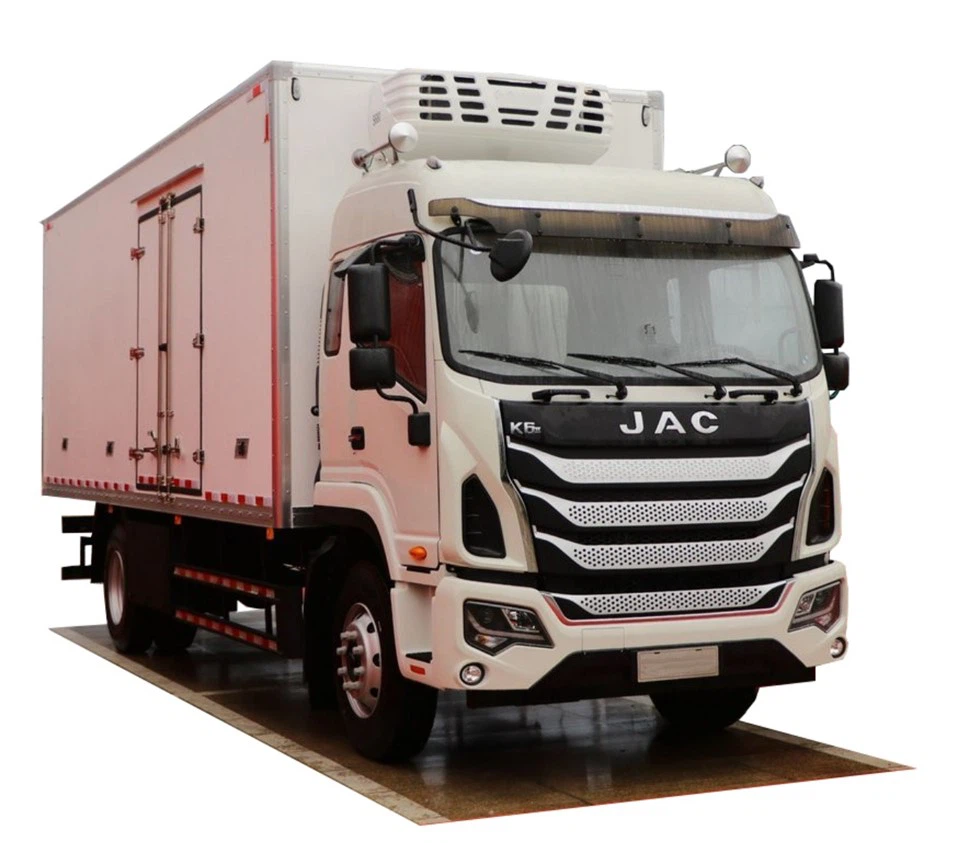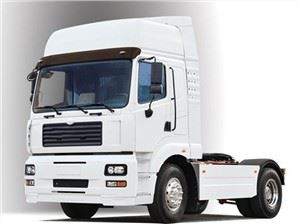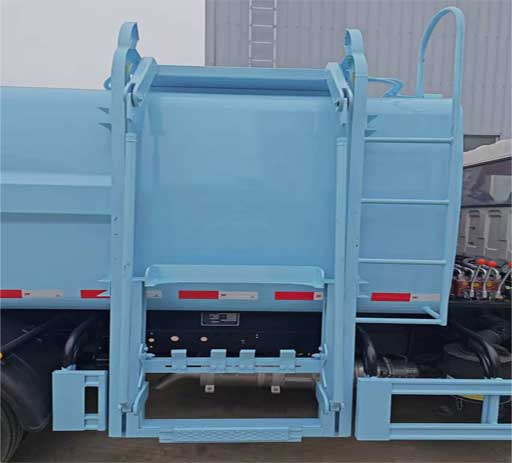Ultimate Guide to Buying a Recovery Truck for Sale

Introduction
When it comes to the transportation and logistics industry, having the right equipment is essential for smooth operations. One of the key vehicles for businesses involved in roadside assistance and recovery services is the recovery truck. Whether you’re starting a towing business or enhancing your existing fleet, knowing what to look for in recovery trucks is crucial. In this article, we will explore various aspects of purchasing a recovery truck for sale, including types of recovery trucks, features to consider, and tips for making an informed decision.
Understanding Recovery Trucks

What is a Recovery Truck?
A recovery truck is a specialized vehicle designed for towing or recovering other vehicles that are disabled or involved in accidents. These trucks come equipped with strong frames, advanced towing mechanisms, and various features to assist in safely transporting vehicles.
Types of Recovery Trucks
There are several types of recovery trucks, each suited for different situations and vehicle types.
- Flatbed Recovery Trucks: Ideal for transporting vehicles that cannot be driven.
- Wheel-Lift Recovery Trucks: Useful for lifting vehicles using a metal arm.
- Heavy-Duty Recovery Trucks: Designed for larger vehicles and can handle significant weight limits.
- Integrated Tow Trucks: These have built-in towing equipment, making them versatile for various jobs.
Key Features to Consider
Weight Capacity
One of the most vital features to consider is the weight capacity of the recovery truck. Depending on the types of vehicles you’ll be recovering, ensure the truck can handle the maximum weight load.
Towing System
The towing system includes the winch, boom, and other necessary components that facilitate the recovery process. Evaluate the quality and reliability of the towing mechanism to ensure it meets your operational needs.
Safety Features
Security and safety features are paramount in recovery trucks. Look for models equipped with:
- Stability control systems
- Load distribution mechanisms
- Cushioned winch systems
Durability and Build Quality
The durability of the truck is essential for long-term use. Check the materials used in its construction and look for corrosion-resistant options, especially if you operate in harsh weather conditions.
Comfort and Usability
Not only should the truck perform well, but it also needs to be comfortable for the operator. Consider the cab design, visibility, and ease of handling the recovery equipment.
Where to Find Recovery Trucks for Sale
Online Marketplaces
Several online platforms specialize in selling recovery trucks.
- eBay: A wide selection from dealers and private sellers.
- Commercial Truck Trader: Focused on commercial vehicles, including recovery trucks.
- Craigslist: Local sellers may post advertisements for used recovery trucks.
Dealerships
Many truck dealerships offer new and used recovery trucks. Visiting a dealership provides the opportunity to test drive the vehicle and ask questions about its history and maintenance.
Auction Sites
Auctions can be a good way to find recovery trucks at lower prices. Websites like Ritchie Bros. or local auction houses may feature recovery trucks regularly.
Evaluating the Condition of Used Recovery Trucks
Inspection Checklist
When considering a used recovery truck, it is essential to conduct a thorough inspection. Here’s a checklist to guide you:
- Check the exterior for signs of rust or damage.
- Inspect the tires for wear and pressure.
- Examine the towing equipment for any signs of wear.
- Check the engine for leaks and overall condition.
- Test the cab controls to ensure everything operates smoothly.
Reviewing Maintenance Records
Ask the seller for maintenance records of the truck. Regular servicing can indicate a well-maintained vehicle, while gaps in records might raise red flags about its history.
Financing Options for Recovery Trucks
Bank Loans
Many banks offer financing options for purchasing commercial vehicles. Be sure to compare interest rates and terms from different banks to get the best deal.
Leasing Options

Leasing can be an attractive alternative for businesses that do not want to make a large upfront investment. Be sure to understand the terms and any potential end-of-lease fees.
Manufacturer Financing
Some truck manufacturers provide financing options for their vehicles. This can come with promotional rates and flexible payment plans that may benefit you.
Practical Tips for Buying a Recovery Truck
Buy at the Right Time

Consider timing your purchase based on market trends. Prices can fluctuate based on seasonality, with demand increasing during specific months, such as winter.
Test Drive and Evaluate Performance
Always take the truck for a test drive. Assess how it handles while loaded and evaluate its efficiency under real training conditions.
Negotiate the Price
Don’t hesitate to negotiate the price. Research similar models to inform your offer and project the market value accurately.
FAQ Section
What is the average price range for recovery trucks?
The price of recovery trucks can vary significantly, generally ranging from $15,000 for used models to upwards of $100,000 for new, high-capacity trucks.
How do I maintain a recovery truck?
Regular maintenance, such as oil changes, checking the towing mechanisms, tire rotations, and inspections, is crucial for the longevity and safety of your recovery truck.
Can I use a recovery truck for personal use?
Yes, while recovery trucks are primarily commercial vehicles, you can use them for personal purposes, but ensuring they are licensed for such usage is necessary.
How can I improve my recovery truck’s efficiency?
Pay attention to load distribution, ensure tires are properly inflated, and keep the vehicle well-maintained to enhance fuel efficiency and performance.
Is it better to buy new or used recovery trucks?
This depends on your budget and needs. New trucks come with warranties and advanced features, while used trucks are less expensive but may require more maintenance.
What should I look for in recovery truck features?
Key features to evaluate include the type of towing system, weight capacity, safety features, and overall durability and build quality of the truck.
